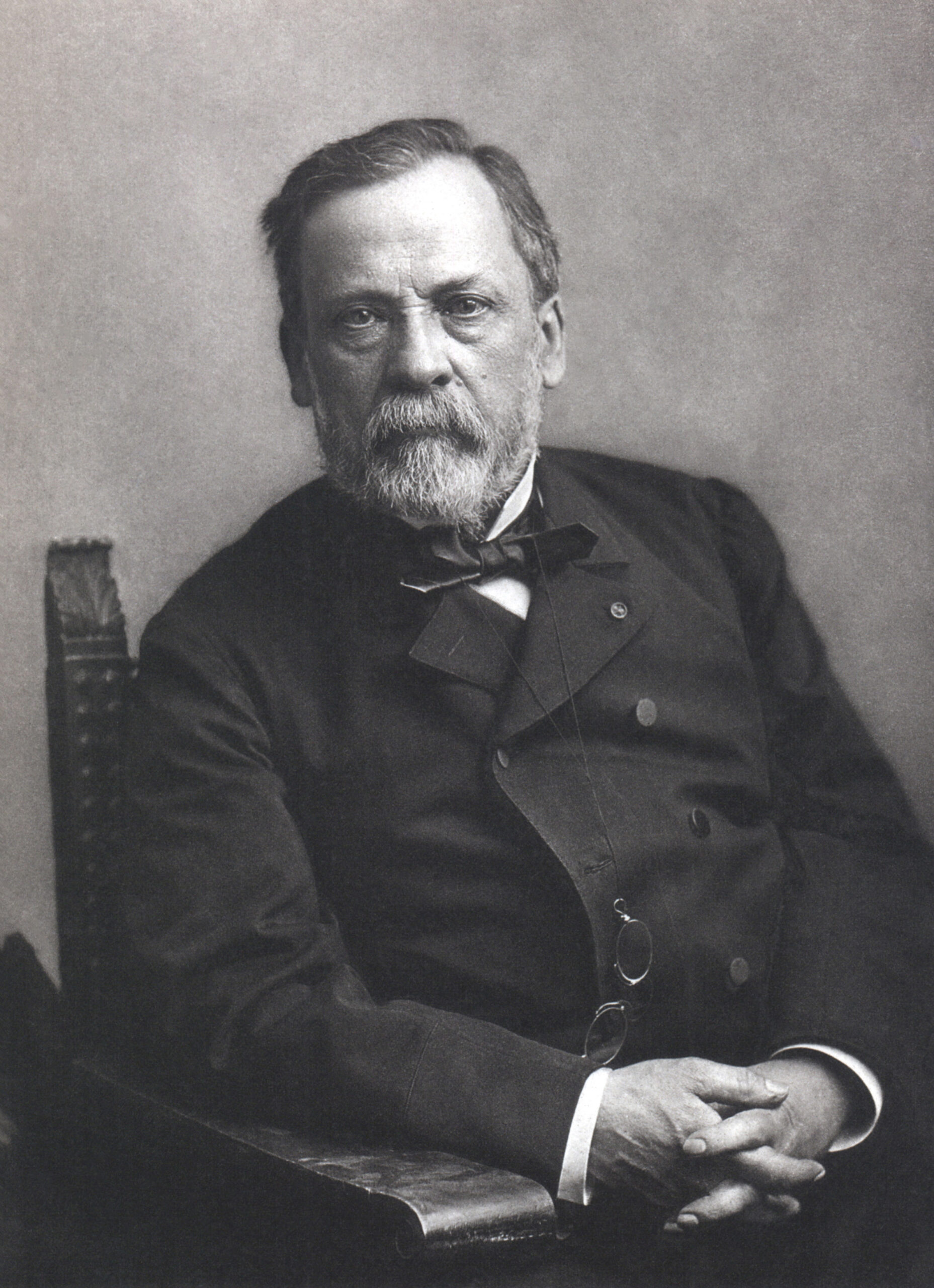Louis Pasteur: The Pioneer of Microbiology and Immunology
Louis Pasteur (1822-1895) was a French chemist and microbiologist whose groundbreaking work laid the foundations for modern microbiology, immunology, and public health. Born on December 27, 1822, in Dole, France, Pasteur was the son of a tanner. His early education in Arbois and Besançon revealed his academic talents, and he went on to study chemistry and physics at the École Normale Supérieure in Paris, where he earned his doctorate in 1847.
Pasteur’s early research focused on crystallography, where he discovered molecular asymmetry in tartaric acid crystals. This work on the stereochemistry of organic compounds gained him recognition and set the stage for his future scientific endeavors. However, it was his investigations into fermentation and spontaneous generation that truly revolutionized science.
In the 1850s, Pasteur began studying the process of fermentation at the request of the French alcohol industry, which was suffering losses due to spoilage. His meticulous experiments demonstrated that microorganisms were responsible for fermentation, debunking the prevailing theory of spontaneous generation. Pasteur’s discovery that specific microbes caused specific types of fermentation led to the development of pasteurization, a process of heating liquids to kill harmful bacteria without affecting the product’s quality. Pasteurization remains a vital technique in food safety today.
Pasteur’s interest in microbiology extended to infectious diseases. In the 1860s and 1870s, he conducted pioneering research on diseases affecting silkworms, such as pébrine and flacherie. He identified the microorganisms responsible and developed methods to prevent their spread, saving the French silk industry from collapse. This work demonstrated the broader application of germ theory beyond fermentation.
Pasteur’s most notable contributions came in the field of immunology. He developed vaccines for several diseases, including anthrax and rabies. His work on anthrax involved attenuating the bacteria’s virulence through heat treatment, leading to a successful vaccine for livestock. In 1885, Pasteur famously administered the first successful rabies vaccination to a young boy, Joseph Meister, who had been bitten by a rabid dog. This breakthrough marked a significant advancement in the prevention and treatment of infectious diseases.
In addition to his scientific achievements, Pasteur founded the Pasteur Institute in 1887, dedicated to the study of infectious diseases and the development of vaccines. The institute became a leading center for scientific research and continues to be influential in the fields of microbiology and medicine.
Curiously, despite his groundbreaking discoveries, Pasteur faced significant skepticism and opposition from some contemporaries who adhered to traditional scientific views. Nevertheless, his rigorous experimental approach and commitment to empirical evidence ultimately convinced the scientific community and led to widespread acceptance of his theories.
Louis Pasteur passed away on September 28, 1895, in Marnes-la-Coquette, France. His legacy is profound, as his discoveries have saved countless lives and continue to shape modern medicine and public health. Pasteur’s work not only provided the scientific basis for understanding the microbial world but also demonstrated the practical applications of science in improving human health and industry.
#LouisPasteur #Microbiology #Immunology #Vaccination #Pasteurization #GermTheory #PublicHealth #ScientificDiscovery #InfectiousDiseases #FoodSafety
